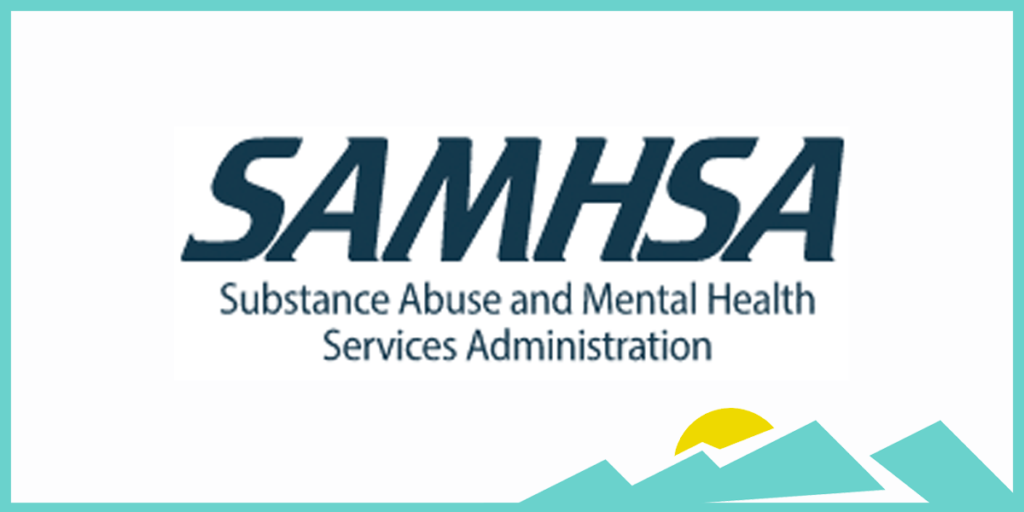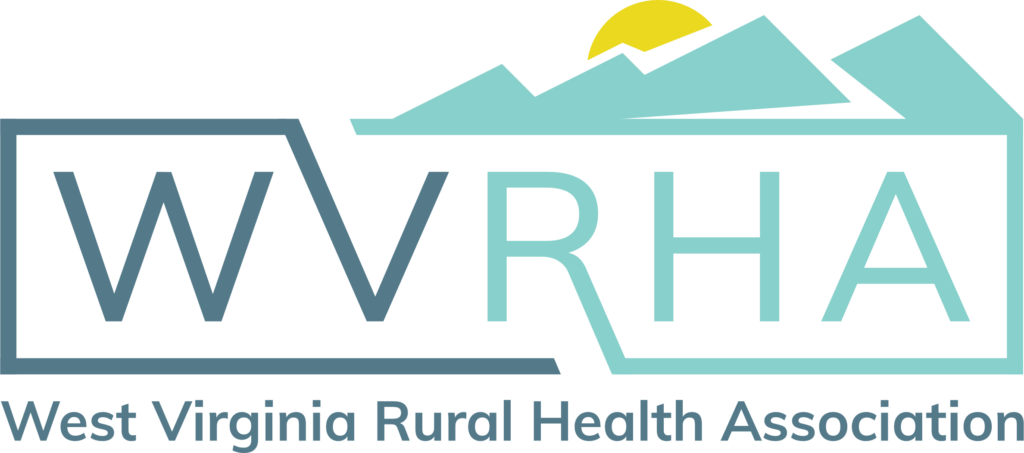
SAMHSA Announces Funding Opportunities for Grants Addressing Substance Misuse, SUD Treatment and Recovery among Pregnant, Postpartum Women
SAMHSA Announces Funding Opportunities for Grants Addressing Substance Misuse, SUD Treatment and Recovery among Pregnant, Postpartum Women
The Substance Abuse and Mental Health Services Administration (SAMHSA) is announcing Notices of Funding Opportunity for two grant programs aimed at preventing substance misuse and treating substance use disorder (SUD) among pregnant and postpartum women in the United States. The grant opportunities total about $17 million and align with the Biden-Harris Administration’s efforts to address the nation’s addiction and overdose crises. The grant opportunities further support the Administration’s broad vision and call to action to improve maternal health in the Biden-Harris Administration’s Blueprint for Addressing the Maternal Health Crisis.
Preliminary data from the U.S. Centers for Disease Control and Prevention show that 102,429 people died of a drug overdose in the 12-month period ending in July 2022. According to SAMHSA’s National Survey on Drug Use and Health (NSDUH), in 2021, 46.3 million people 12 or older (or 16.5 percent of the population) met the applicable Diagnostic and Statistical Manual of Mental Disorders (DSM-5) criteria for having an SUD in the past year. Opioid use during pregnancy has risen significantly, with data showing a 131-percent increase in opioid-related diagnoses at delivery between 2010 and 2017. Opioid use in pregnancy can lead to a range of significant health problems, both in the pregnant person and their baby.
“SAMHSA is committed to expanding access to evidence-based treatments and recovery supports to address overdose and substance misuse to every demographic and community throughout the United States,” said Miriam E. Delphin-Rittmon, Ph.D., the Health and Human Services Assistant Secretary for Mental Health and Substance Use and the leader of SAMHSA. “These grant programs support recovery efforts during and after pregnancy, and they bolster support for families in the areas of substance use prevention and treatment.”

